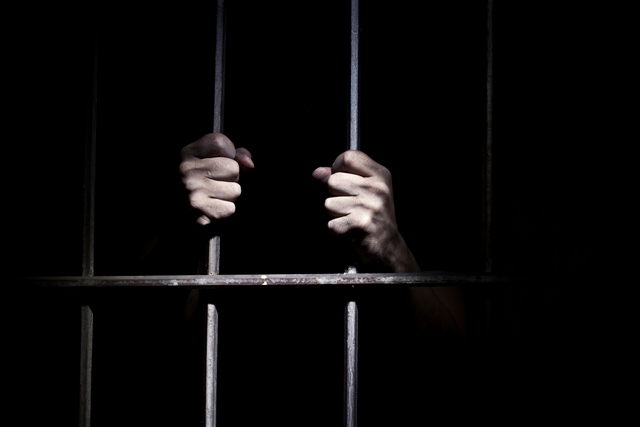
A recent UN report reveals that young offenders from Federally Administered Tribal Areas (Fata) are being deprived of basic rights provided to them under the juvenile justice system.
In its report titled ‘State of Children in Pakistan’, UNICEF states that juvenile offenders in Fata are denied of basic rights provided to them under Juvenile Justice System Ordinance (JJSO) 2000.
The document, jointly authored by Unicef and Children Complaints Office of the Federal Ombudsman, also highlights the abuse of children’s constitutional rights in Punjab, Sindh, Khyber-Pakhtunkhwa (K-P) and Balochistan.

According to the report, Frontier Crimes Regulation (FCR), which has been billed as a draconian law, is also applicable to offenders as young as 7-years old in Fata.
Under the FCR, juvenile offenders can be sentenced to a prison term with hard labour- which is a clear infringement of JJSO.
The report also raises concerns about children being denied assistance by the state if they are unable to engage a legal counsel at their own expense.
This coupled with other violations of the basic constitutional rights has provoked widespread condemnation of the FCR. Rights organisations have been urging the government to repeal the colonial law. Furthermore they have also called for the implementation of the JJSO in Fata to prevent such violations in the region.
JJSO was first extended to the Provincially Administered Tribal Areas (PATA) under a presidential order on October 20, 2004 and was later extended to Fata. However, despite its promulgation several years ago, the JJSO has not been implemented as the required rules for the execution of the law have not been framed.
As a result, young offenders in Fata and other tribal areas are being denied of their right to separate prison facilities and special courts to hold trials for underage criminals.
Detained under FCR
In December, 2010, eleven children were detained in different prisons under the Collective Responsibility Clause of the FCR. The Fata administration continues to deal with juvenile offenders under the FCR and treats them like adult prisoners.
The UN committee on the Rights of the Child, while considering Pakistan’s third and fourth periodic reports in October 2009 has expressed reservations on this issue.
FCR and Amendments
The FCR has served as the primary law in Fata for over a century. The federal Shariat Court, several years ago had declared it against the injunctions of Islam and also asked the federal government to abolish the regulation.
It was enforced by the British in 1901 with the purpose to indirectly administer this strategic area in the interest of the colonial power.
In 2011, former president Asif Ali Zardari introduced a series of amendments in the FCR, limiting the scope of section 21, which focuses on the collective responsibility clause.
Under the particular section, the entire family, including women and children related to the criminal can be detained if the individual chooses to escape justice. Legal experts and child rights activists have objected to the amendments permitting arrest of a person under the age of 18 as it contradicts both the Child Rights Convention (CRC) and the JJSO.
Published in The Express Tribune, March 10th, 2015.
1731570357-0/elon-musk-(1)1731570357-0-405x300.webp)
-(1)1717678110-0/Kendrick-(1)-(1)1717678110-0-165x106.webp)



1732428532-0/BeFunk_§_]__-(43)1732428532-0.jpg)




1725254039-0/Untitled-design-(24)1725254039-0-270x192.webp)






COMMENTS
Comments are moderated and generally will be posted if they are on-topic and not abusive.
For more information, please see our Comments FAQ